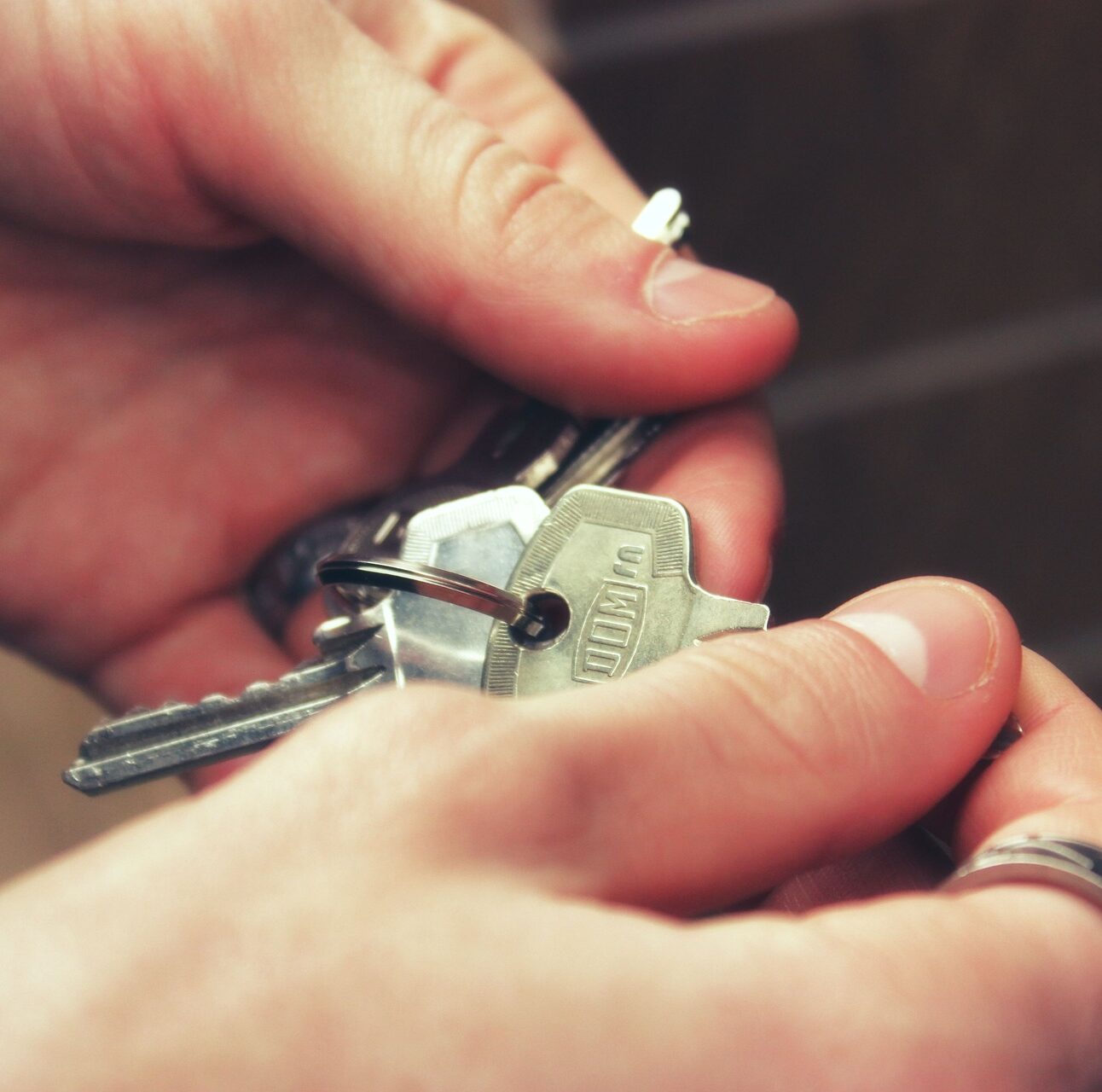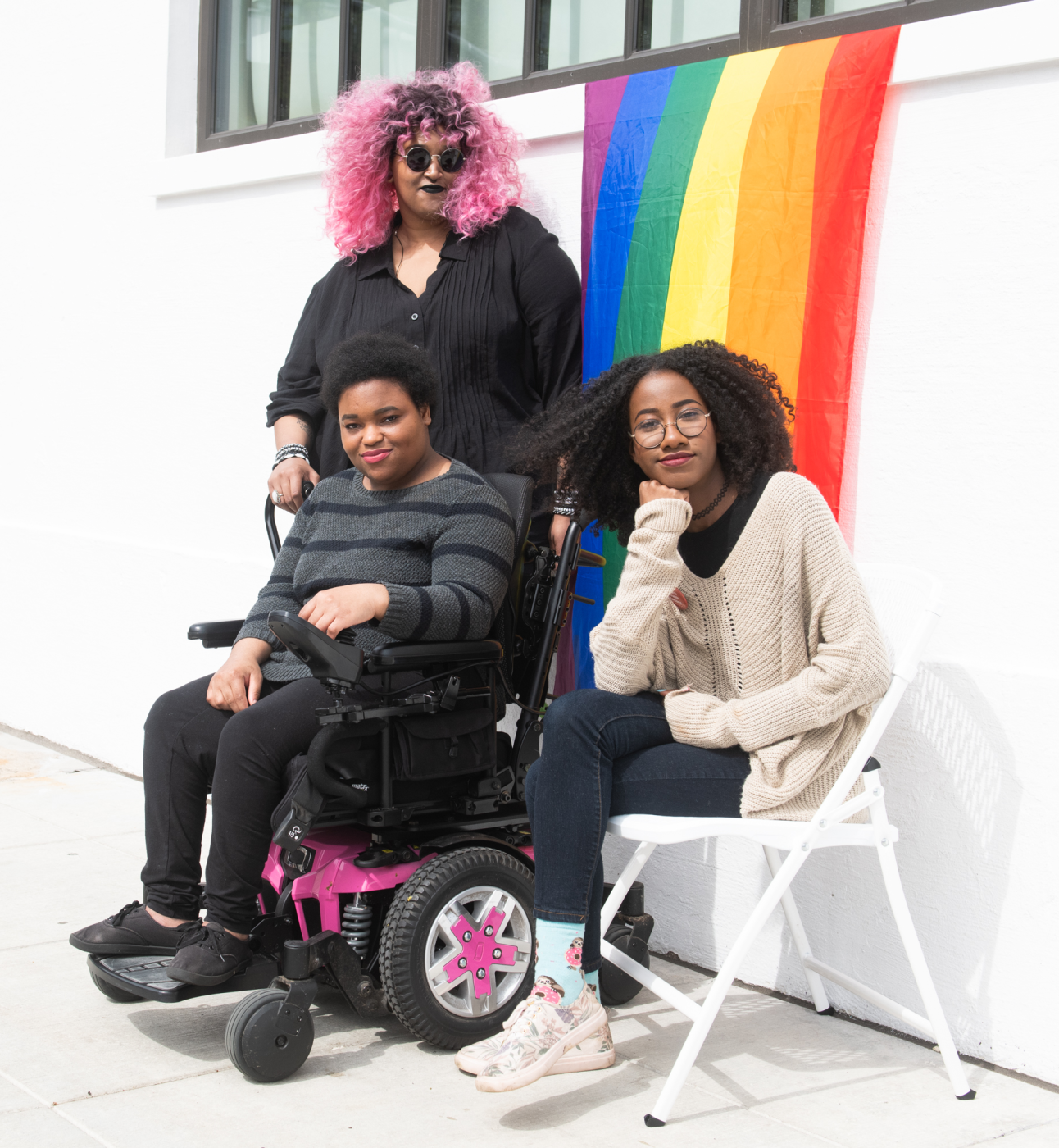
a guide to renting a new home
We understand that moving home can be both exciting and stressful. We have put together this guide to talk you through the things you need to know once you have moved in to your new home.

At akt, we understand that viewing and signing for a new tenancy can be both exciting and nerve-racking. In this guide, we have included a few tips and important steps to think about in preparation for your new home.
It is also good to ask to see a tenancy contract before agreeing to pay anything, and any good agent/landlord will be able to provide a draft.
mould
appliances and furniture
smoke alarms and CO2 detectors
water
insulation
ventilation
is the property accessible or can it be adapted to be accessible?
When searching for properties online, information on accessibility can be quite basic and photographs might not give enough detail.
It is always best to speak directly with the landlord or agency to ask about accessibility. You might also want to consider accessibility within the area, e.g. access to public transport, whether footpaths and crossings are accessible and whether the area is well-lit.
If you are disabled as defined by the Equality Act 2010, you have a right to ‘auxiliary aids’ which include temporary adaptations or portable support aids.
Once you have viewed the property and decided that it’s suitable and affordable, you will usually need to submit a tenancy application with your details.
The landlord or letting agent will complete checks with your current and previous landlord/housing provider to check if you are a good tenant, and may also carry out a credit check. If you need a guarantor, then they may also be subject to a credit check.
*If you’ve never held a tenancy before then you could use references from a support worker, council worker or other professional who is able to provide a character reference.
You may also have to pay a holding deposit so that the property is not offered to someone else whilst these checks are carried out.
Before starting your tenancy, you must be provided with the following documents:
You should also ask about:
If your tenancy application is accepted and you are happy to go ahead, you should agree a tenancy start date with the landlord or letting agent.
Once you’ve got a signed copy of your tenancy agreement, make sure you keep it in a safe place – it’s a legally binding document and contains important information about your and your landlord’s rights and responsibilities.
If you are worried about housing, or having any questions about finding somewhere suitable to live, you can contact us by emailing gethelp@akt.org.uk or via the live chat on our website.
We are online Monday to Friday, 10am to 5pm (closed on Bank Holidays). You can leave us a message outside of these times and we’ll get back to you.

We understand that moving home can be both exciting and stressful. We have put together this guide to talk you through the things you need to know once you have moved in to your new home.

If you’re concerned about cost of living and affording rent, there are some steps you can take.

Young LGBTQ+ people who are homeless are often faced with many challenges in securing housing or accommodation which meets their needs. We work with many young people who have disabilities, and we aim to provide support and advice to those young people in searching for and securing housing which is safe and accessible.